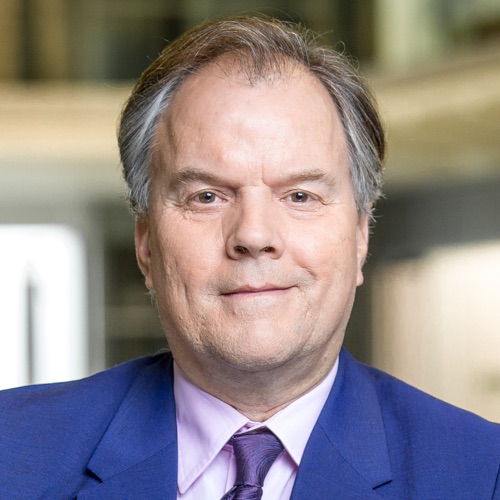Looking for answers in the fog of Ukraine’s crisis
A thick and timely fog has descended on Kiev and its politics. Outside parliament the men in uniform are still manning the barricades, but all their anger for now is being vented on logs.
They wield the axe to create more and more firewood that stoke the fires that keep them warm in what has become a waiting game for the entire country.
A waiting game inspired by one key question: what will Vladimir Putin do next?  Above: Militiamen chop logs as the wait in the fog outside Ukraine’s Rada.
Above: Militiamen chop logs as the wait in the fog outside Ukraine’s Rada.
The hard men guarding parliament may look as if they’re spoiling for a fight, but when you talk to them they seem far more circumspect. One of them, wearing a balaclava, told me: “Of course I will fight for my country if I have to – but only if I have to.”
Another man said to me: “I will sign up to join the military, but first I need to talk to my mother.” But since she is busy breaking cobblestones at the barricades to throw at the policemen, I am sure she will say yes.
So the people of Ukraine are poised, and as one former US ambassador here told me: “Make no mistake, they will fight”. But given the latest developments in Moscow today, that moment may thankfully not come any time soon.
 Above: Hare Krishna drumbeat for world peace
Above: Hare Krishna drumbeat for world peace
This whole crisis has been a very strange game of shadows. The Russian soldiers in Crimea, who are clearly identifiable as such, but do not wear Russian insignia. The ethnic Russians in Ukraine, who have been tormented and persecuted by the new government in Kiev, but who no-one can find. And the neo-Nazis – who, according to Moscow, are now running this country – who simply don’t exist.
So we went in search of some of these players today. In the parliament I spoke to one of the country’s most prominent pro-Russian politicians.
Nestor Shufrych is a former minister in the government of the now-disgraced ex-president. He represents a constituency on the Russian border, and Russian is his first language. I asked him whether he felt he needed the protection of Vladimir Putin and his troops.
He looked at me slightly nonplussed and said: “Personally, no.”
“What about his people? Do they need protection?” I asked.
“Not yet, no, they don’t,” he answered.
“So should Vladimir Putin come to your help by sending troops to Ukraine?” I soldiered on.
“No, no, no!” he replied, and added: “Crimea may be an autonomous region, but it needs to be part of Ukraine. No question.”
I went round the corner to speak to another prominent pro-Russian. Vadim Novinsky is one of the country’s most prominent oligarchs (net worth: $2bn), former buddy of ex-president Yanukovych and so Russian that he has dual nationality.
What did he make of the military protection offered by President Putin? “We don’t need it,” he said. “The troops should go back home. This is bad for business.”
However heated this crisis may have become, and however prevalent is the presence of so many ghosts from the past, at the end of the day pragmatism seem to be prevailing.
 Above: a woman prays outside Kiev’s Rada.
Above: a woman prays outside Kiev’s Rada.
Follow the money, as they say in Russia. After yesterday’s pounding of the rouble on the Moscow stock exchange, Vladimir Putin may well have reconsidered whether his adventure into Ukraine was worth the price he was having to pay.
Money also motivates the western players in this drama. There’s a reason why Germany is so reluctant to even speak of economic sanctions against Moscow. German export business would suffer, and Germany gets 40 per cent of its natural gas from Russia. In the absence of spring, no-one wants to go cold in Berlin or Hamburg.
In London too, as we now know from yesterday’s leaked document, they are reluctant to rap the Russian oligarchs on the knuckles and impose sanctions, because this would have repercussions for the world’s busiest financial centre.
So all in all, what we are witnessing is a 19th century diplomatic crisis, with gun-toting diplomacy from one side at least, in a 21st century globalised economy.
In financial terms, we are all joined at the hip on this one, and that is what may ultimately have taken us back from the brink of another war in Europe.
Follow @mattfrei on Twitter.
